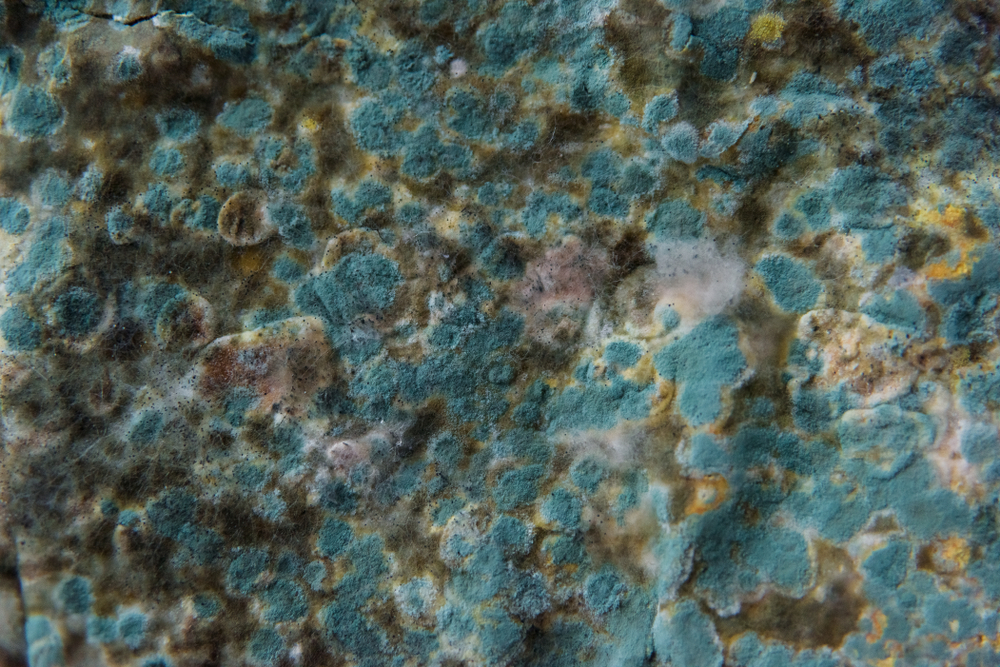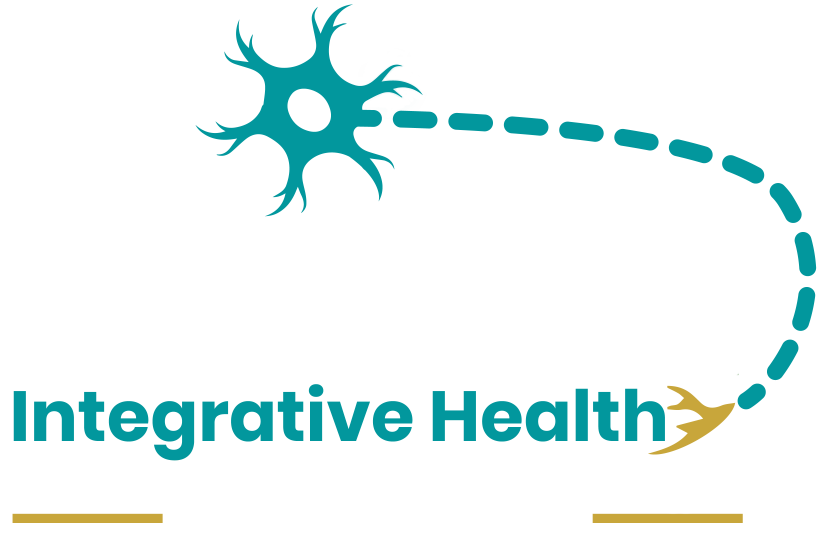Mold is a common presence in our environment, thriving in various indoor and outdoor settings. While most molds are harmless, certain species can release toxic compounds that pose health risks to humans. Mold toxicity, also known as mold poisoning or mycotoxin illness, is a condition caused by exposure to these harmful molds, which can lead to a range of physical and psychological symptoms. In this article, we will explore the health effects of mold toxicity and discuss the symptoms associated with it, along with potential solutions to mitigate its impact on your health.
What are the symptoms of Mold Toxicity? And What you can do to fix them
Understanding Mold Toxicity
Mold toxicity occurs when individuals are exposed to mycotoxins, toxic substances produced by certain types of molds. Mycotoxins can become airborne and be inhaled, or they can be ingested through contaminated food. Common indoor molds associated with mold toxicity include Stachybotrys chartarum (black mold), Aspergillus, and Penicillium. These molds often grow in damp, humid, or water-damaged environments, such as basements, bathrooms, and areas affected by flooding or leaks.
Health Risks
Mold toxicity can have a wide range of health effects, varying from person to person. Some individuals may be more susceptible to mold toxicity due to genetic factors, pre-existing health conditions, or compromised immune systems. The symptoms of mold toxicity may manifest differently in different people, but common health effects include:
Respiratory Issues: Exposure to mold can lead to respiratory problems such as coughing, wheezing, chest tightness, and sinus congestion. Prolonged exposure may even result in chronic conditions like asthma.
Neurological Symptoms: Mycotoxins can affect the central nervous system, leading to cognitive impairment, memory problems, mood swings, and even depression and anxiety.
Allergies: Mold exposure can exacerbate allergies, causing symptoms like sneezing, itchy or watery eyes, and skin rashes.
Fatigue: Mold toxicity is often associated with chronic fatigue, which can significantly impact daily life and productivity.
Gastrointestinal Problems: Digestive issues, including nausea, diarrhea, and abdominal pain, can result from mycotoxin exposure.
Skin Irritation: Skin reactions, such as rashes or hives, can occur in individuals sensitive to mold toxins.
Joint and Muscle Pain: Mold toxicity may lead to joint and muscle pain, which is often mistaken for other health conditions.
Immune System Suppression: Long-term exposure to mold can weaken the immune system, making individuals more susceptible to infections.
What are the Symptoms of Mold Toxicity? And What You Can Do to Fix Them
Recognizing the Symptoms
Recognizing the symptoms of mold toxicity is crucial for timely intervention and mitigating health risks. If you suspect mold exposure, consider the following steps:
Health Assessment: Our doctors will walk through a complete health history, past injuries and illnesses. We will also order lab work to identify the current levels in your body and which specific strains you are fighting.
Detoxification and Treatment: Axon has a proven method of treating mold symptoms, and returning you to a life without symptoms. Contact us today to get started.
Home Inspection: Conduct a thorough inspection of your living space to identify areas with visible mold growth or water damage.
Air Quality Testing: If necessary, perform air quality testing to measure mold spore levels in your environment.
Steps to Mitigate Mold Toxicity
If you’ve identified mold exposure as the source of your health issues, consider the following steps to alleviate symptoms and improve your overall health:
Mold Remediation: Address the source of mold by cleaning and removing it from your living space. This may require professional mold remediation services to ensure complete removal.
Air Purification: Use high-efficiency particulate air (HEPA) filters and air purifiers to reduce airborne mold spores in your home.
Nutritional Support: A balanced diet rich in antioxidants, vitamins, and minerals can help support your immune system and aid in detoxification.
Supplements: In some cases, specific supplements, binders, and medications prescribed by a healthcare professional may be necessary to counteract the effects of mold toxicity.
Lifestyle Changes: Reducing stress, getting adequate sleep, and engaging in regular physical activity can help strengthen your immune system.
Consultation with Axon: Seek guidance from the professionals specializing in environmental medicine, toxicology, and mold-related illnesses for personalized treatment plans through functional neurology and functional medicine.
Mold toxicity can have a profound impact on health, with a wide array of symptoms that can disrupt daily life. Recognizing the symptoms, identifying the source of mold exposure, and taking appropriate steps to mitigate health risks are essential for recovery. Remember that early intervention and professional guidance are key to managing the effects of mold toxicity and regaining your overall well-being.
If you are in the Denver area and suspect mold toxicity may be affecting your health, don’t hesitate to consult us at Axon for a comprehensive evaluation and guidance on the path to recovery. We have a proven way of treating mold toxicity through holistic measures like ozone and hyperbaric oxygen, fully remediating mold and associated symptoms. At Axon Integrative Health, we are committed to helping individuals achieve their optimal health and well-being, and we are here to support you on your journey to a mold-toxin-free life.







